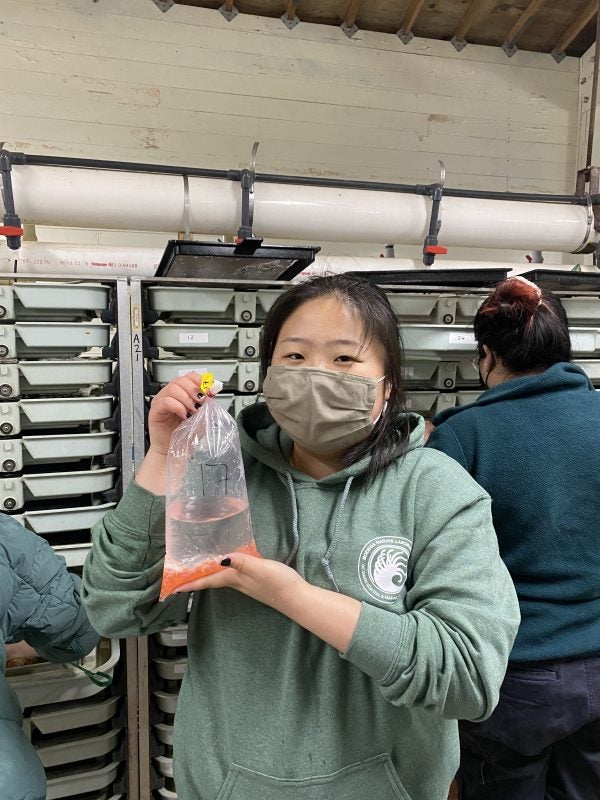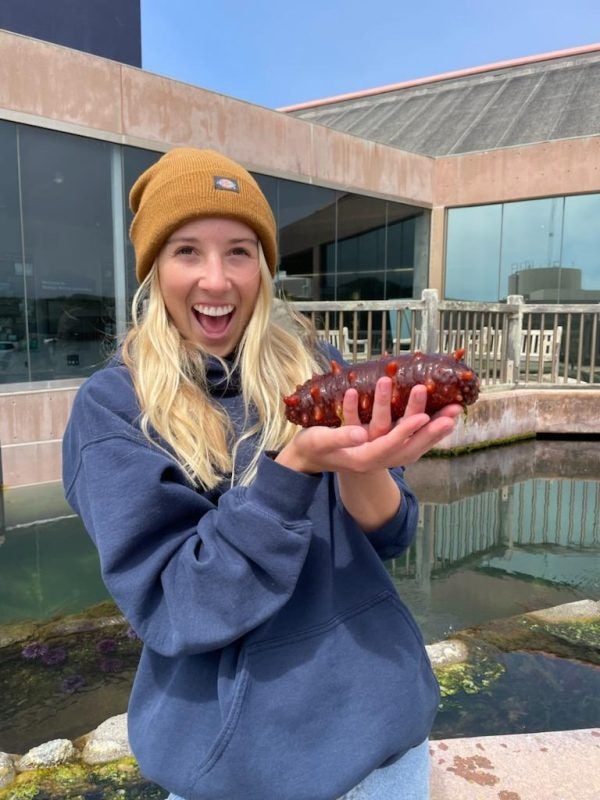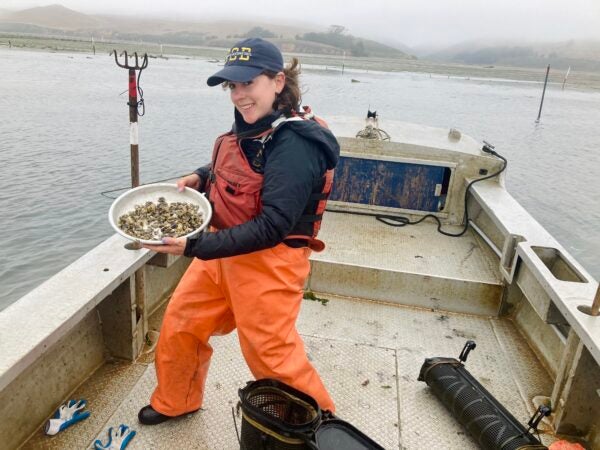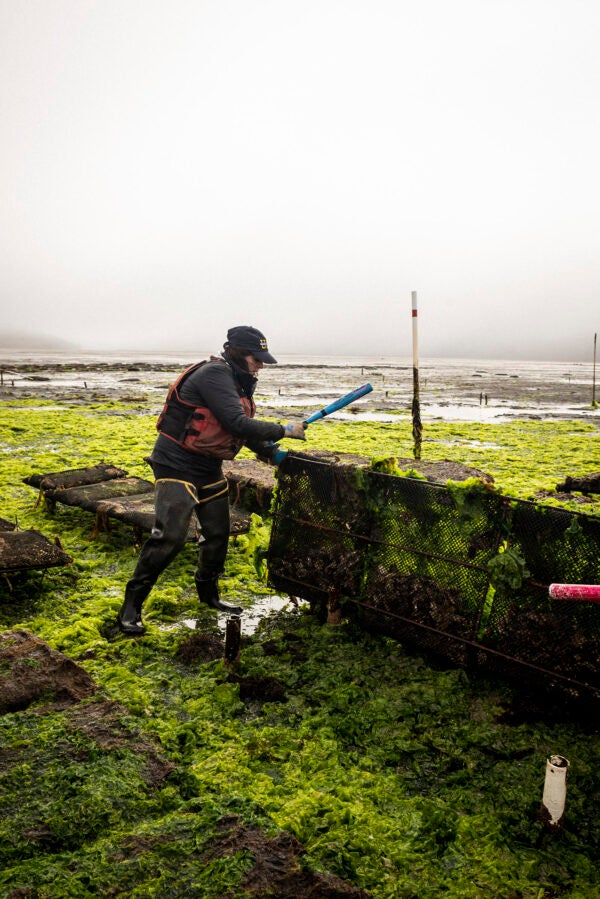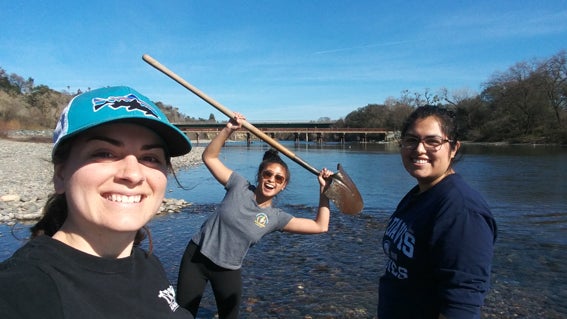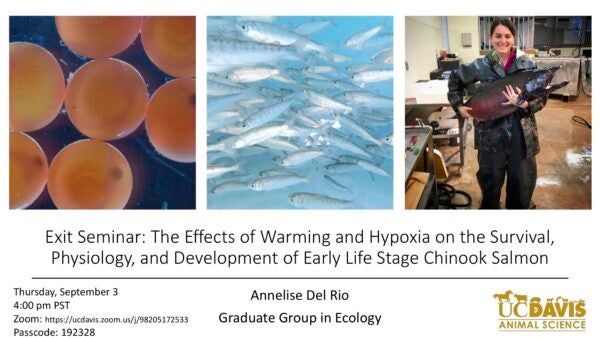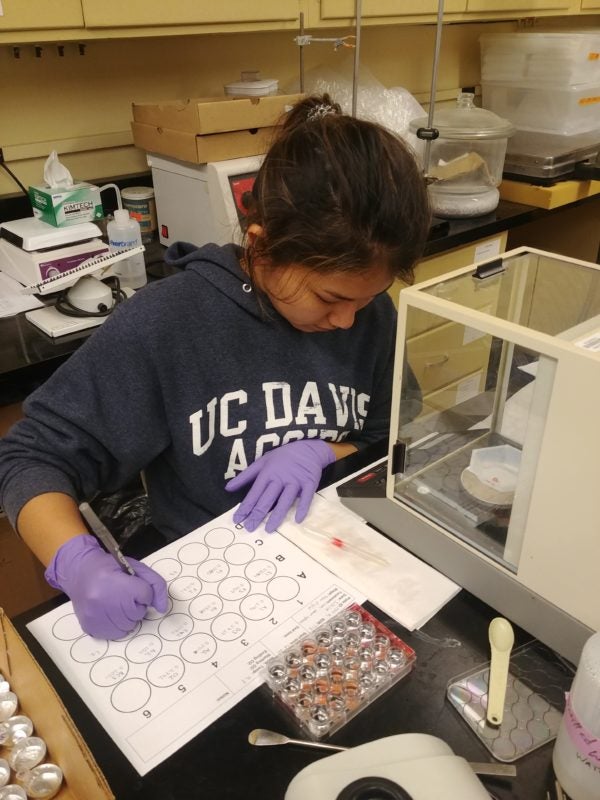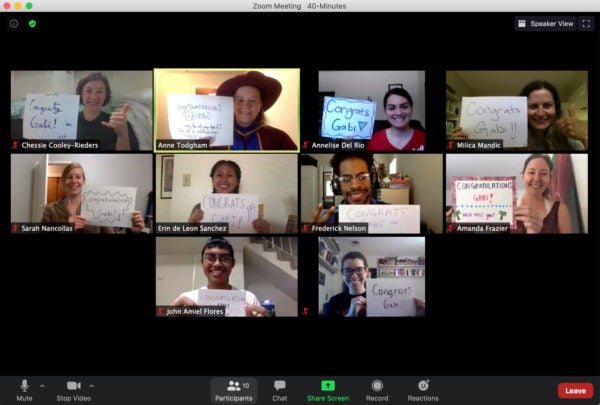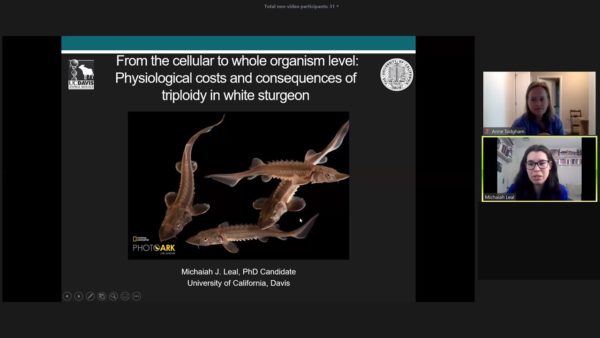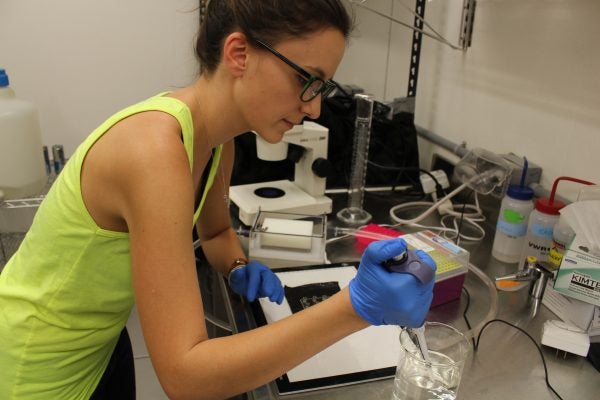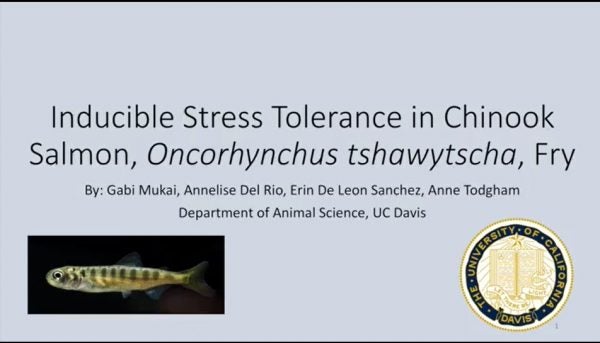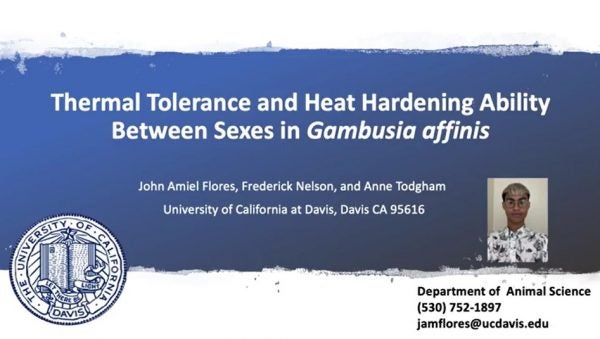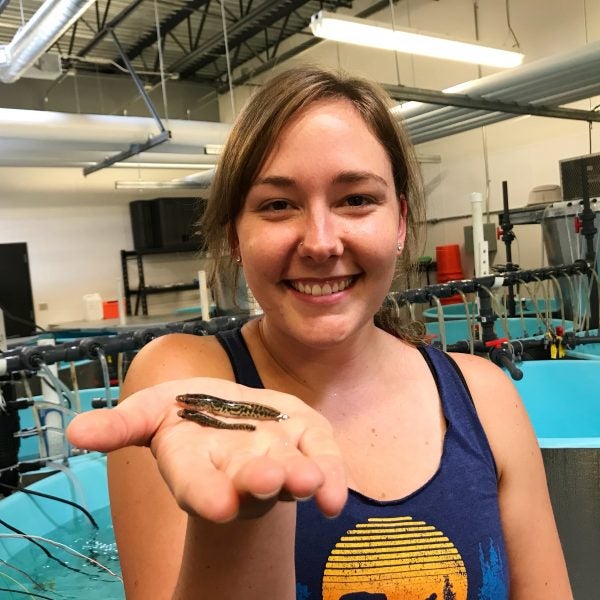This September Hollis attended the Pacific Coast Shellfish Growers Association and National Shellfish Growers Association Conference in Seaside, Oregon. During this conference, she was awarded the Kenneth K. Chew Student Research Grant for her third chapter which experimentally tests whether a preliminary air exposure primes hatchery produced Pacific oysters for the transition from the subtidal hatchery environment to the intertidal grow-out farm by reducing energy budget disruption. Go Hollis!

